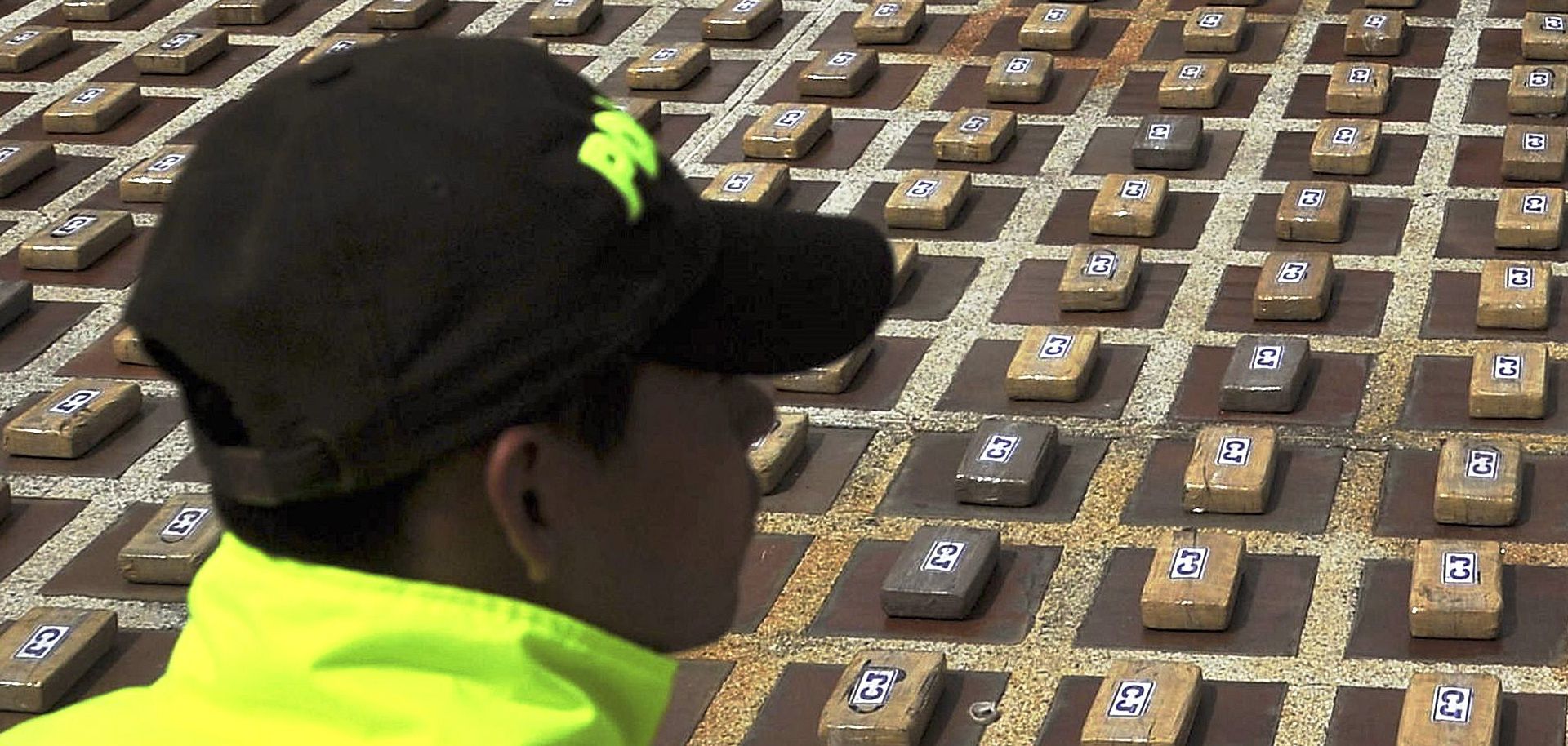ASSESSMENTS
Why Colombia Is Negotiating With Criminals
Jun 8, 2015 | 09:15 GMT

(LUIS ROBAYO/AFP/Getty Images)
Summary
The Colombian government has opened up a third line of negotiations with the various militant and criminal groups that dominate the country's interior. In addition to peace talks being held with the Revolutionary Armed Forces of Colombia (FARC) and the smaller National Liberation Army, Bogota is embarking on negotiations with criminal factions that split off from Colombia's larger paramilitary organizations nearly a decade ago. The groups talking to the government are part of the Urabenos criminal collective — also known as Clan Usuga — and two smaller, splinter organizations.
That Bogota is engaging in such negotiations suggests that Colombian authorities are trying a more comprehensive approach to security. The success of these talks will be short-lived, however, and is unlikely to affect Colombia's role as a major cocaine producer. Still, the government's willingness to negotiate could further divide criminal organizations in Colombia, reducing the threat they pose in the process.
Subscribe Now
SubscribeAlready have an account?
